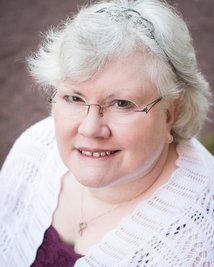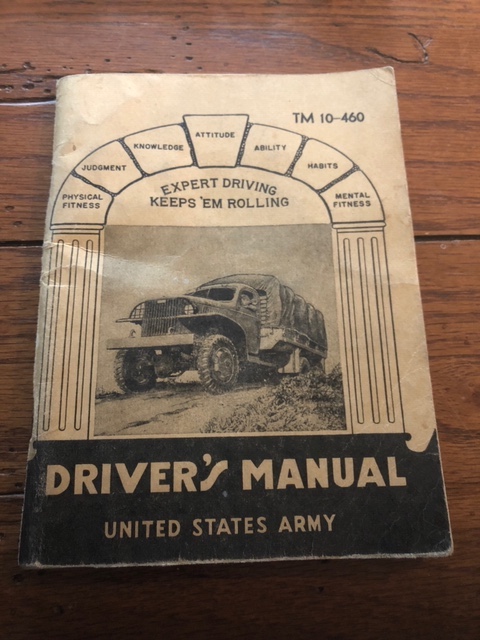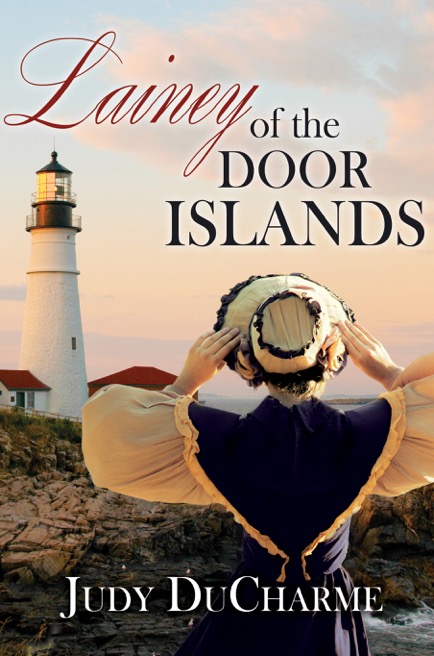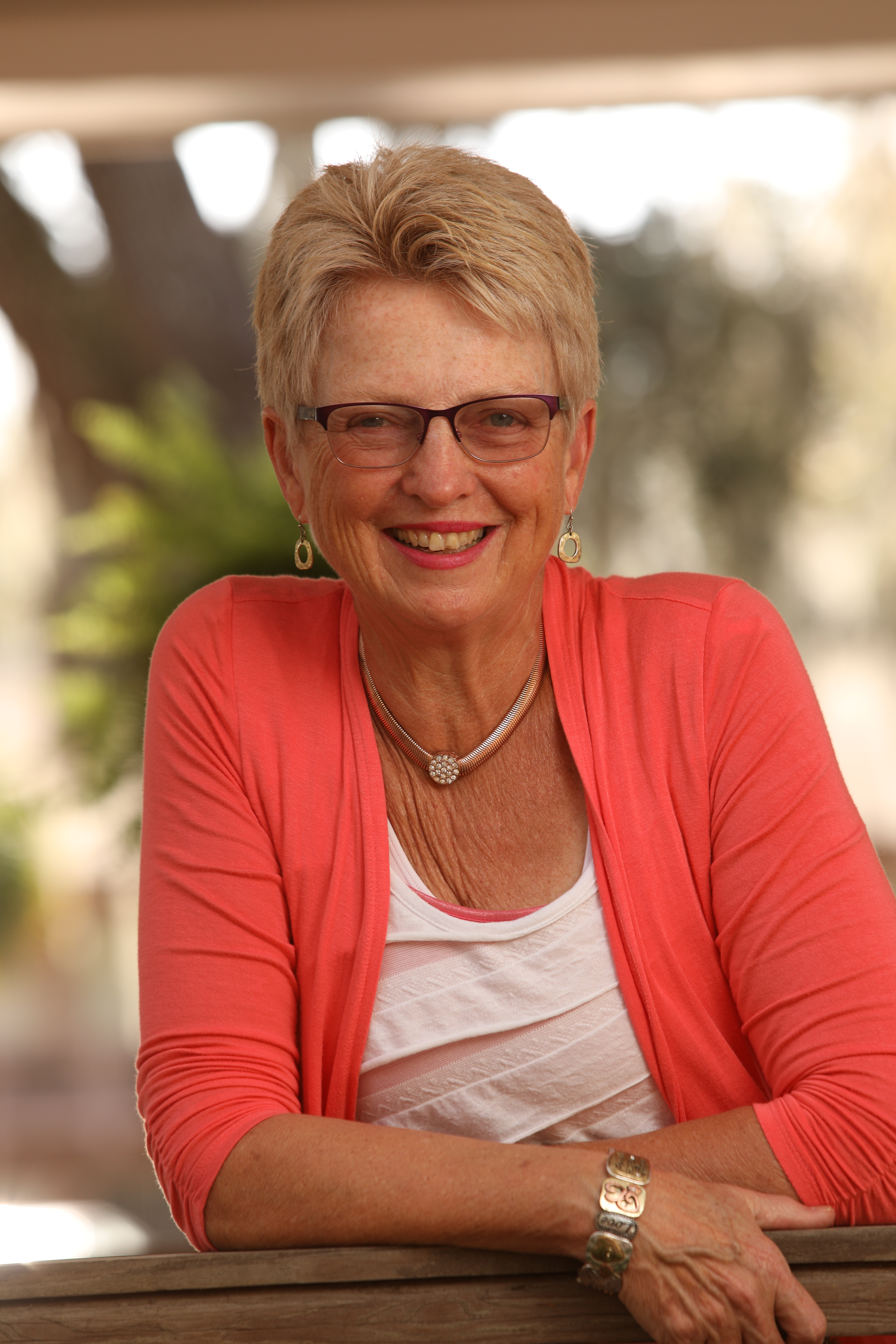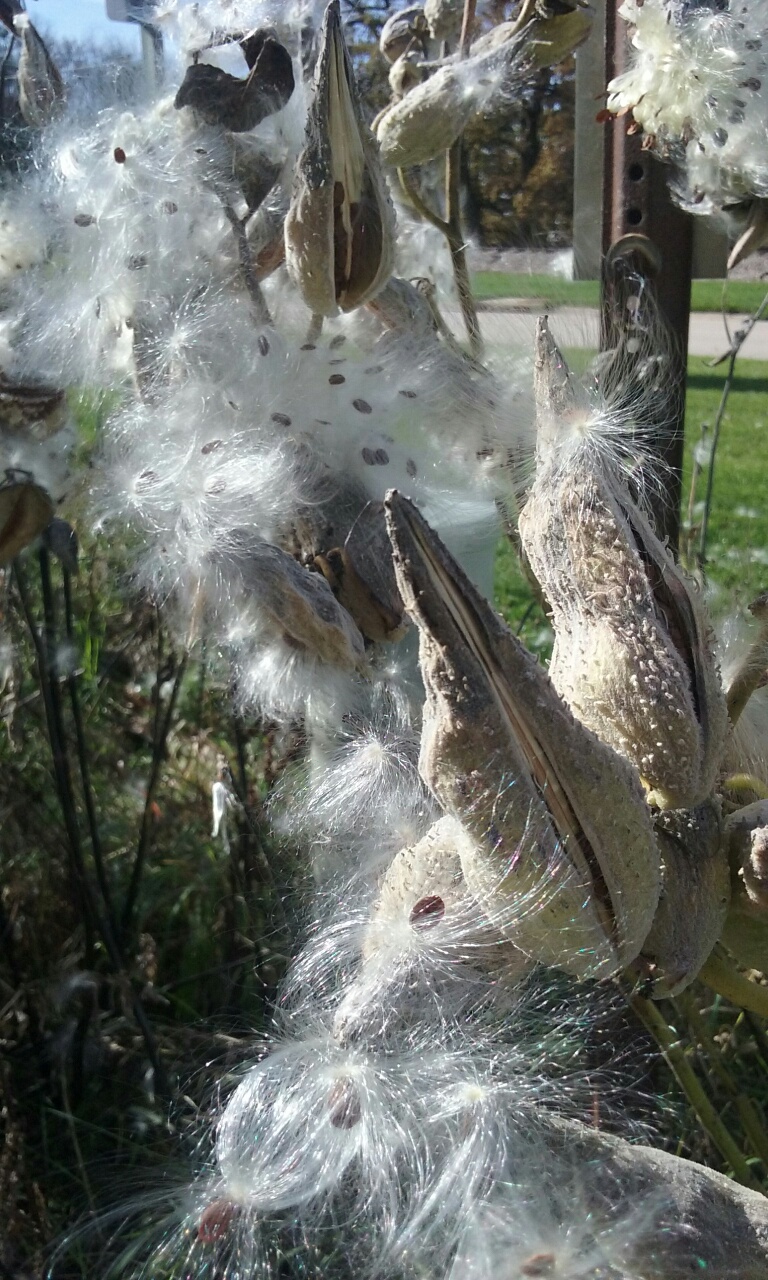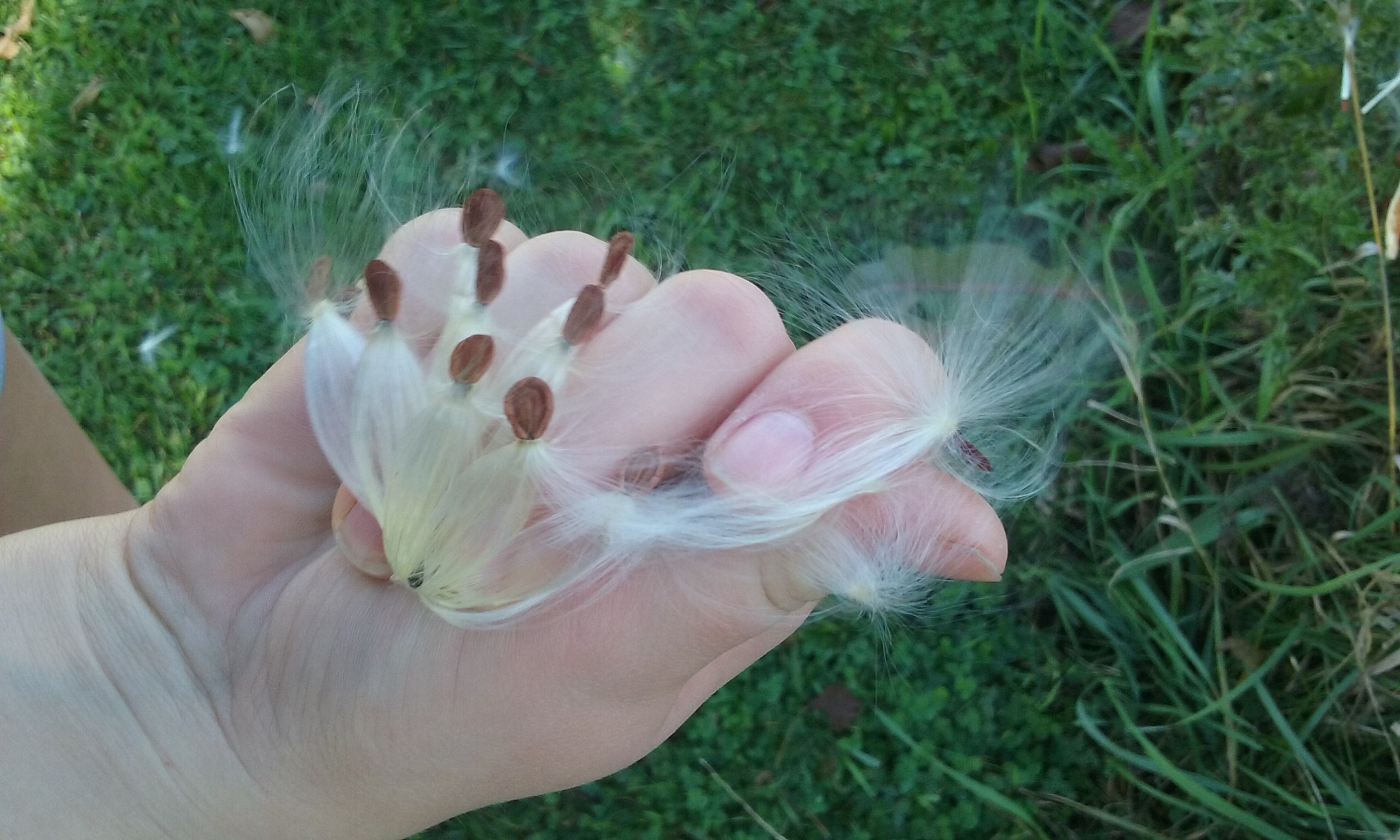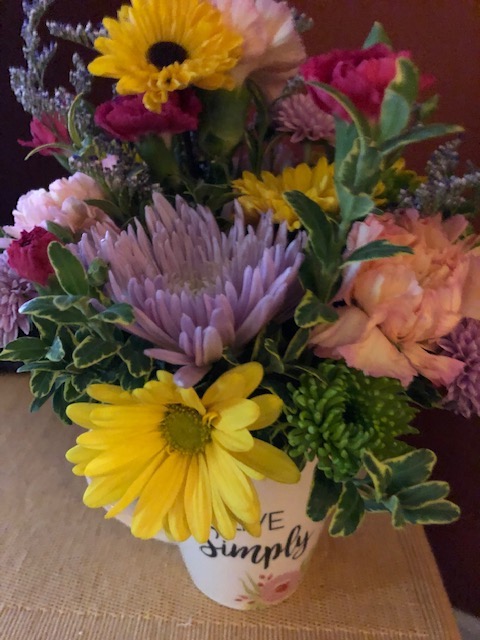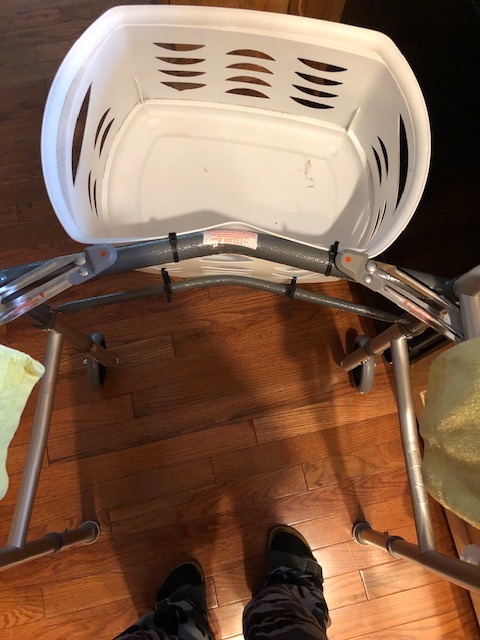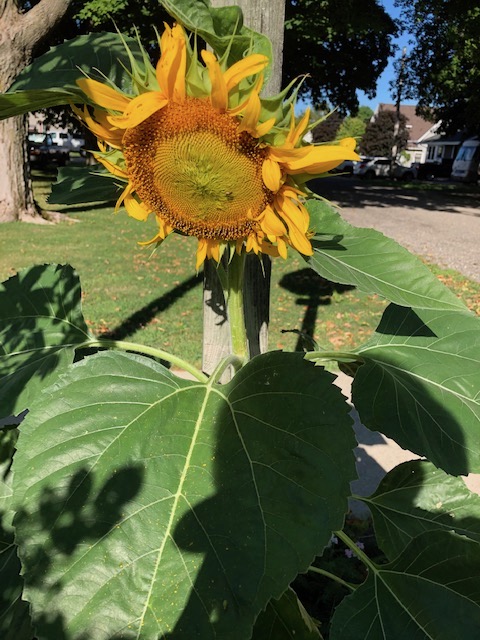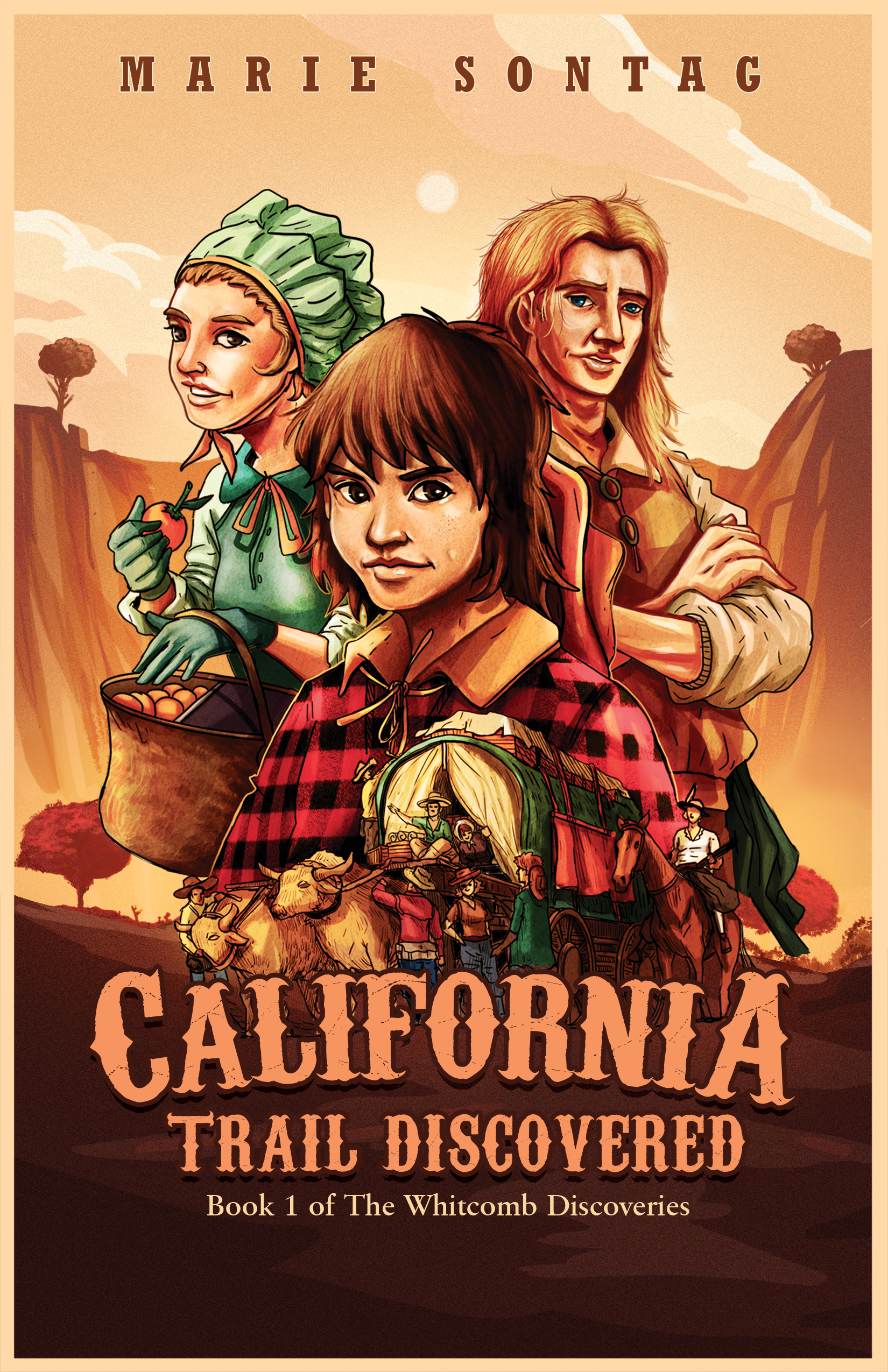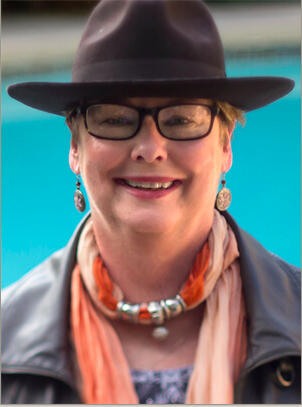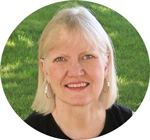Linda Street-Ely is sharing with us her story of writing something she wasn’t used to…and receiving a big surprise. I have read this story and it really touched me–I would never have thought it was fiction! Here’s some encouragement for us to “give it a try” when it comes to new challenges. Linda is offering a commenter a free signed hardback copy.
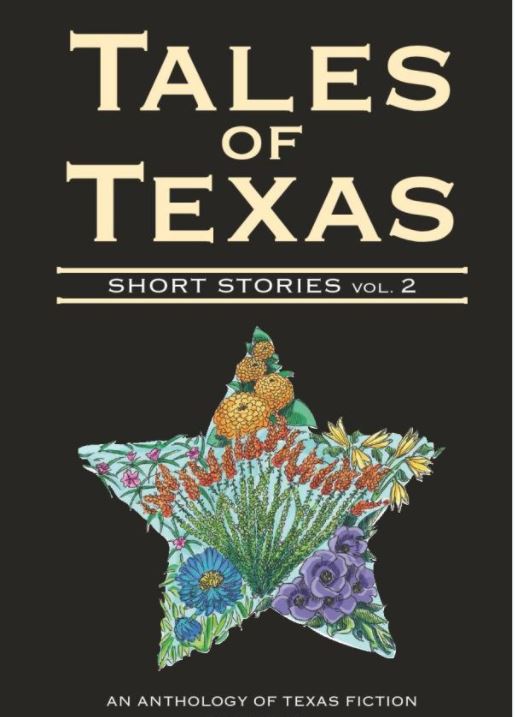
Writing “The Memories Room” – My Tale in the Tales of Texas
When Houston Writers House (now merged with Writespace) announced open submissions for their second volume of Tales of Texas: Short Stories, I thought, why not give it a try? The only rule was that the stories must have some relationship with Texas. I am mostly a nonfiction writer and have never written a novel or novella. As is common among nonfiction writers, I had written poetry. But this was also a contest, and I am a highly competitive person. It was the temptation of competition that kept taunting me. Could I write a short story? Yes, I would give it my best.
I dug out a writing lesson from a weekend class I had taken at Writespacethe previous year. The assignment was to create a character from the point of view of other people. I thought a person who cannot describe themselves, someone with special needs, would be a good character candidate. And with that, I completed the assignment. Here was the unfinished story, the character around whom I would build it, that I was driven to write for the contest.
“The Memories Room” is about a family and community dealing with the decline of the matriarch suffering from Alzheimer’s. I know “Small Town, Texas” well. I live in one where everyone knows everyone. My goal was to write a piece that was compassionate toward the subject matter and shed light on the closeness of small towns.
The competition was open to anyone, not just members of Houston Writers House, and I knew some gifted authors would be submitting stories.
After finishing the story, I needed to decide where it would take place. I wanted to pick a real place in Texas, and not where I live. As I perused a list of small Texas cities, my eyes fell upon Junction. The very name spoke of coming together.
My husband and I are both pilots, and we have an airplane. So, I flew out to Junction to meet people. I met the mayor, the director of the Chamber of Commerce, the sheriff, and several others. Junction was the perfect place for my story. In fact, as we sat at the Chamber office listening to their personal stories, I realized I had already written about Junction. Everything fit so perfectly. From that visit, I added a few bits, and sent it off.
“The Memories Room” won first place.
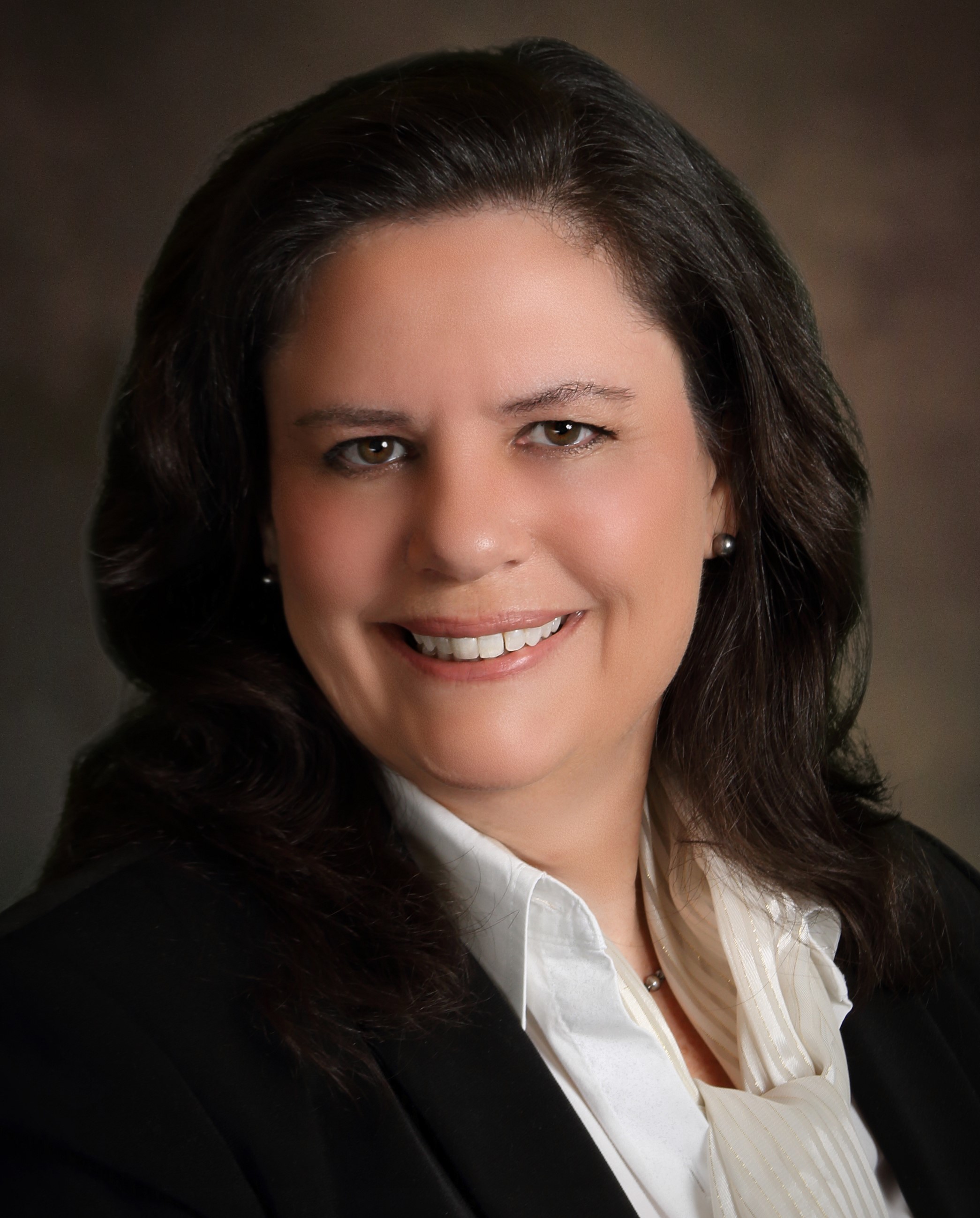
You may connect with Linda online here:
Email:linda@paperairplanepublishing.com
Paper Airplane Publishing, LLC
—-
Tales of Texas: Short Stories, Volume 2, published by Houston Writers House, December 13, 2018.



